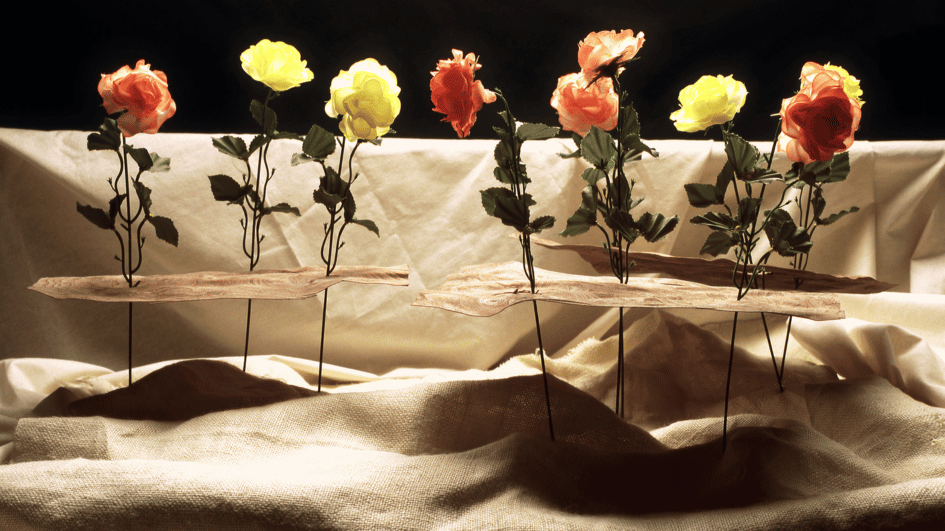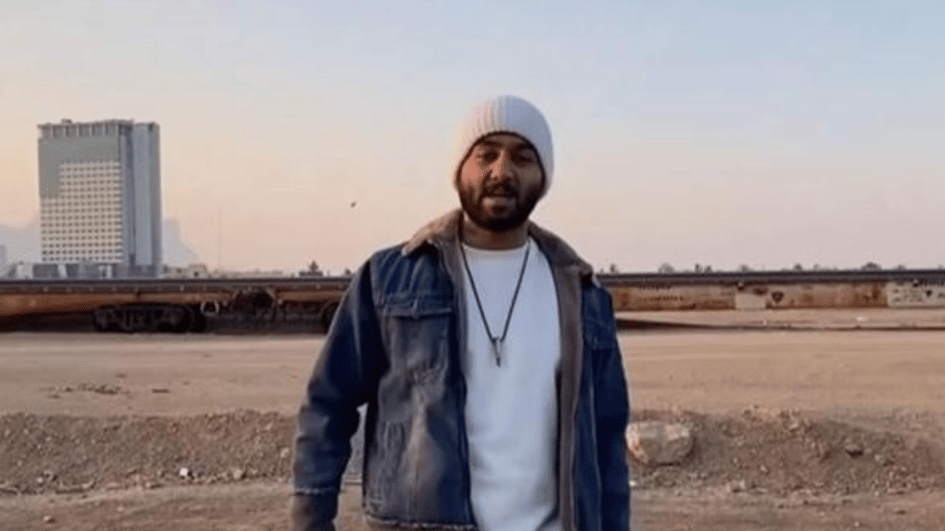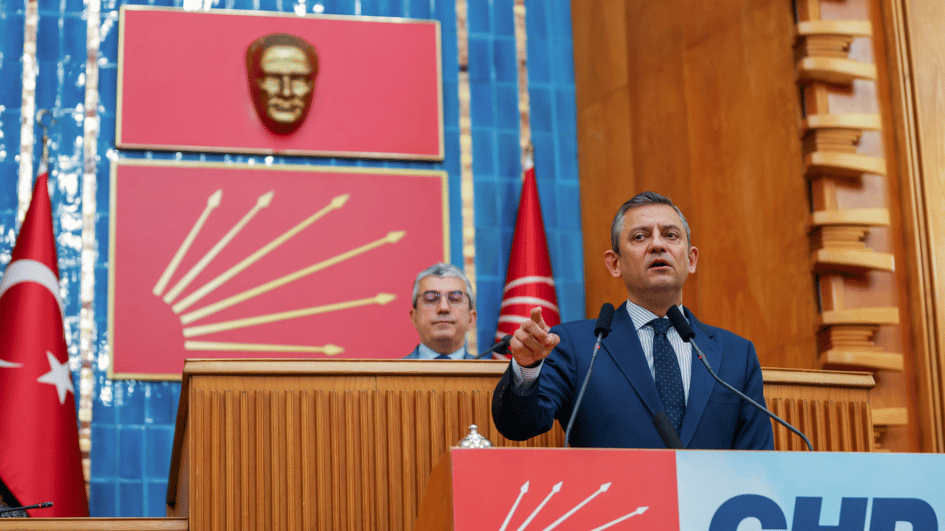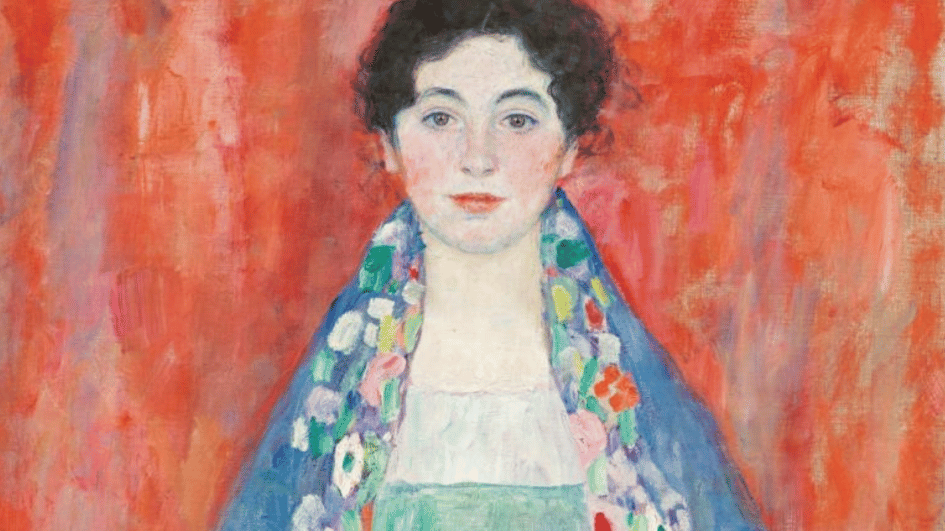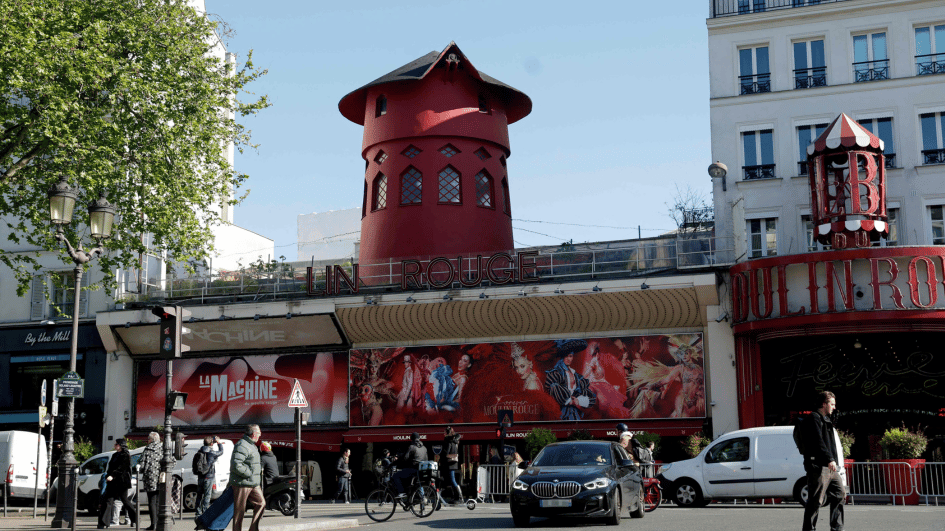Polemic about women in the Ottoman harem
President Recep Tayyip Erdoğan’s wife, Emine Erdoğan, recently participated in a meeting with the theme “Ottoman sultan’s mothers who left their mark on history” and spoke afterward about the women living in the Ottoman harem.
In this event in Ankara on Ottoman Sultans, the president’s wife said, “Female members of the Ottoman dynasty and the harem have always been thought-provoking subjects… Orientalists, with their certain imaginary depictions, have created negative perceptions about Ottoman women.”
She also said, “As a matter of fact, when we review their writings, most of the time we come across women addicted to worldly pleasures and addicted to power and ambitions.”
On the other hand, she added, “The harem is more of a school for members of the Ottoman dynasty. It was an educational establishment to prepare women for life, and also for organizing charity activities.”
Wow. All hell broke loose when she said that. Social media was stirred up. Certain opposition publications went wild. They have left nothing unsaid to Emine Erdoğan on the subject.
Well, what about famous historian İlber Ortaylı, the person who social media and the opposition publications always cherish? He also speaks about the Ottoman harem in a way very similar to Emine Erdoğan, doesn’t he?
Actually, Prof. Ortaylı makes even more passionate statements on the subject.
One of the most important authorities on this subject, look what he has said about the harem: “A woman in the harem is not in a team relaxing, enjoying and passing the time. Most of them read, write well and excel in clerical jobs. The harem women, during the 1950s, were civil servants of Topkapı Palace.
“In all ancient civilizations there is an establishment similar to a harem. Contrary to what most people believe, a harem is not an institution unique to east Muslims, it is universal.
“It is nonsense to imagine the harem as a giant architectural complex with long, isolated corridors, countless rooms and courtyards with pools where naked concubines swim. The harem was an important tool of the new administrative mentality formed in the 16th century. But at the same time it is a tragic venue.
“The Ottoman palace was a place where the literacy rate was quite high. Moreover, certain concubines had spelling skills as good as the sons of the sultans they were serving. Let us not forget the ones like Hürrem Sultan, who completed their language and literature education and were able to write poems.
“The harem women were masters of the Ottoman culture, language and music. Those who were married to outsiders were known as a ‘Lady from the Palace’ among the public and they spread this culture around.
“The harem was not an entertainment center. We are always hearing the fantasies of others about the harem. These are not true.”
This is how we are; we care about who said it instead of what was said. For this reason, when Prof. Ortaylı says it, we applaud, but when the first lady says it, we start protesting.
Top court members with dissenting votes
The three members of the Constitutional Court who used dissenting votes against the decision to release jailed journalists Can Dündar and Erdem Gül have cited the reasoning of their opposition as: “It is possible for the state to introduce certain restrictions on the news stories by journalists on a very sensitive subject such as national security and, in this context, it is possible for public authorities to obstruct certain stories.”
I have three questions for the three members of the Constitutional Court who have this opinion:
1 - How can freedom of the press be possible if those who are ruling the state take refuge behind an abstract concept such as “national security” and try to ban those stories that do not suit their books?
2 - All right, national security is important, but who will determine the boundaries and content of national security? Something you regard as damaging in terms of national security could be regarded by me as useful for national security. Whose opinion will be accepted?
3 - What if the public authority does not distinguish between its own interests and the country’s interests and tries to prevent those news stories that are against its own interests as “against the country’s interests?” Who will stop the public authority?



